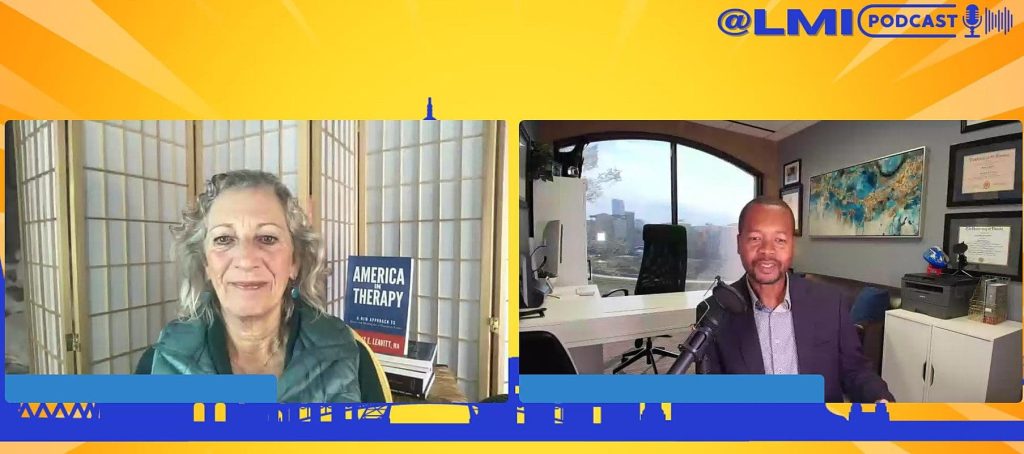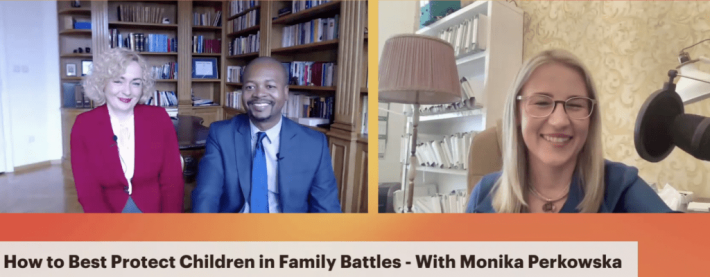EP263 America in Therapy 2 – Post Election Discussion with Phyllis Leavitt

The discussion centered around the themes explored in psychotherapist Phyllis Leavitt’s book, “America in Therapy,” and the application of psychological principles to address the polarization and divisiveness in American society. The main topics covered were:
The Polarization and Divisiveness in American Society: The discussion highlighted the deep divisions and lack of understanding between different groups in America, fueled by a “win-lose” mentality and the demonization of opposing viewpoints. This polarization has led to a breakdown in communication, resentment, and a lack of empathy, which can manifest in various societal problems.
The Role of Psychology in Understanding and Addressing Societal Conflicts: Leavitt emphasized the importance of applying psychological principles to understand and address societal conflicts. She argued that the greatest pain and dysfunction in society stem from dysfunctional human relations, much like in families. By understanding the underlying psychological dynamics, such as the need for validation and the impact of trauma, we can develop healthier ways of resolving conflicts.
The Importance of Deep Listening and Personal Responsibility: A key theme was the need for deep listening and personal responsibility in conflict resolution. Levitt stressed the importance of truly understanding each other’s perspectives, validating concerns, and taking responsibility for one’s own actions and communication style. This approach can foster empathy, compromise, and a “win-win” mindset, rather than the destructive “win-lose” paradigm.
Advice for Leaders and the New Administration: In light of the recent election, Leavitt offered advice for leaders and the new administration on promoting unity and healing. She emphasized the importance of allowing diverse voices to be heard and creating a safe space for open dialogue, even when there are disagreements. Additionally, she encouraged leaders to model personal responsibility and a commitment to non-violence in addressing contentious issues.

